Ribadavia Casa de la Inquisición (Seat of the Inquisition)
The building hides in plain sight in Ribadavia's historic Jewish quarter.
In the beginning of the 17th century, the underground Jewish community of Ribadavia was shaken to its core by a man known as Xerónimo Bautista de Mena, a dark figure in local lore known as “the snitch.” He had delivered a list to the Inquisitional authorities—in this very Seat of the Inquisition—naming the local families that continued secretly following the Jewish faith.
These revelations triggered a devastating series of autos-da-fé, public executions by burning, stripping of assets, and imprisonments. He betrayed his own mother and siblings, thought to be revenge for receiving less inheritance than some of his brothers. What resulted was an atmosphere of suspicion and betrayal in the Jewish community, with family members snitching on each other in the torturous interrogations. Bautista de Mena was found dead in the street in 1607, assassinated by an unknown assailant.
The Spanish Inquisition took more than a century to officially take hold of this town. The local Seat of the Inquisition (“Casa de la Inquisición”) is hidden in plain sight on a small street like any other in the old part of town. The conservative ornamentation of the portal betrays the otherwise unassuming corner building.
The five coats of arms above the portal represent the five local families tasked with carrying out the Inquisition in this part of Galicia. The bottom floor had been repurposed as a cobbler’s shop after it stopped serving its official purpose. It has since been left vacant, but the upper floors are residential and are still occupied by tenants.
Know Before You Go
The former Jewish Quarter is in the area spanning the Praza Maior and Praza da Madalena. An ethnological museum and a few renamed streets pay homage to this town’s Jewish past. In addition, A Tafona da Herminia, or Herminia’s Bakery, is dedicated to making typical Jewish baked goods from old family recipes, some of which use special ingredients shipped in all the way from Israel. Every year during the Festa da Istoria, a sort of Renaissance fair celebrating the town's rich history, fair-goers revel in the merriment of a reenactment of a medieval Jewish wedding, among other activities and performances. Some form of this festival has been celebrated on the last weekend of August since 1693. The original location of the town’s synagogue is unknown today. After the Inquisition, it was either sold and repurposed or destroyed.
Not far from Ribadavia are the nearby hot springs in Prexigueiro and Cortegada, highly prized for their therapeutic water full of minerals. Ribeiro wines can be enjoyed and tasted in Ribadavia, especially during the annual Wine Festival in early May. Ribeiro is a Denomination of Origin covering the area around the confluence of the Miño River and the Avia River.

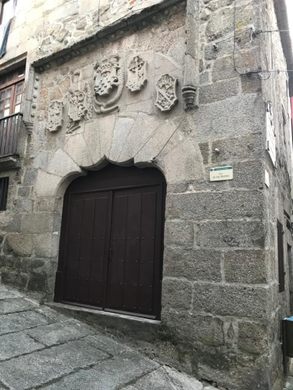
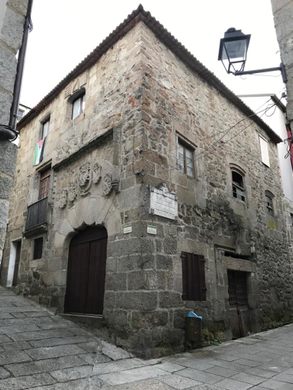
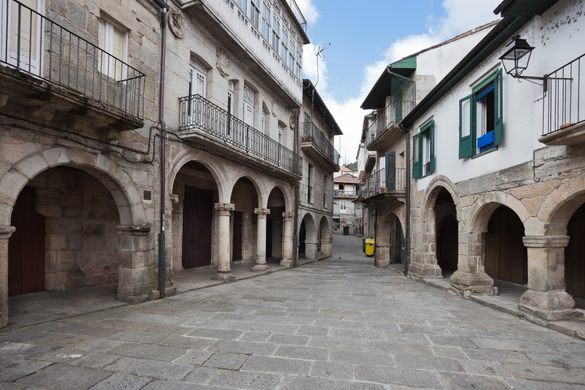



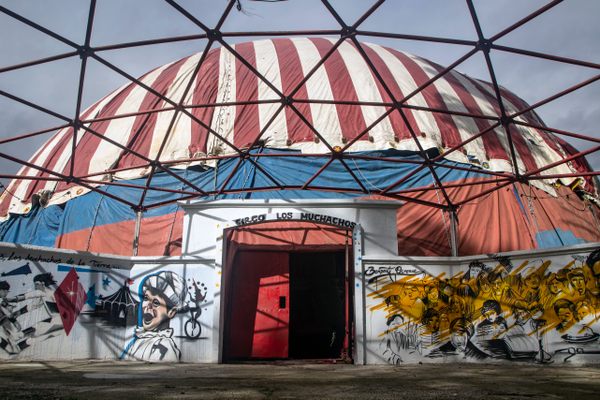
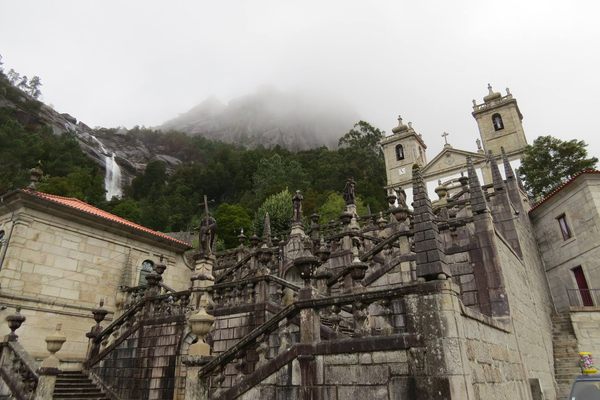



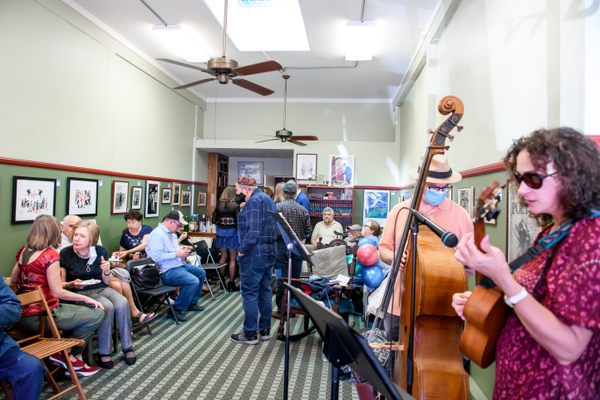
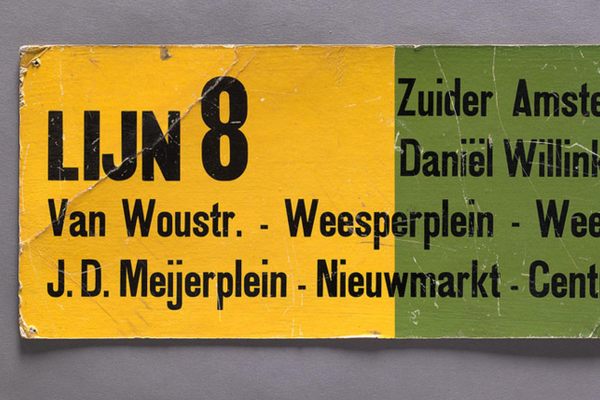


Follow us on Twitter to get the latest on the world's hidden wonders.
Like us on Facebook to get the latest on the world's hidden wonders.
Follow us on Twitter Like us on Facebook